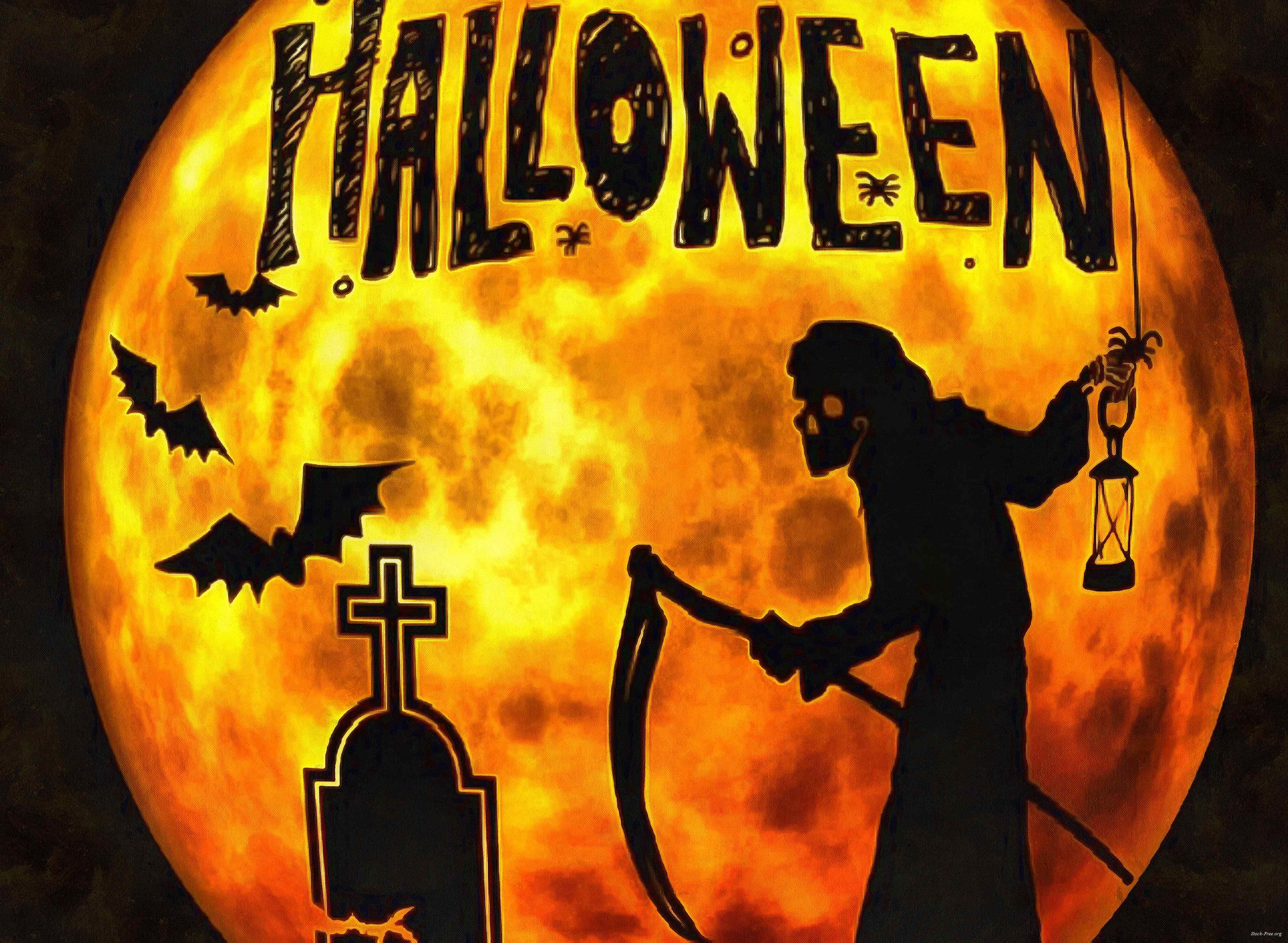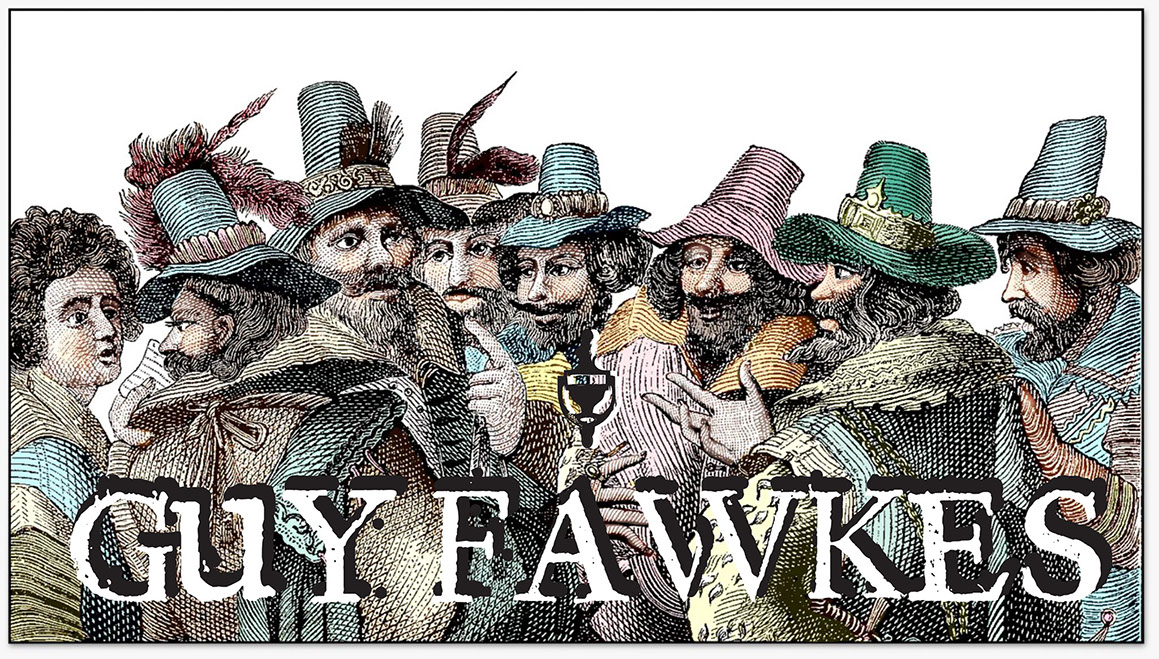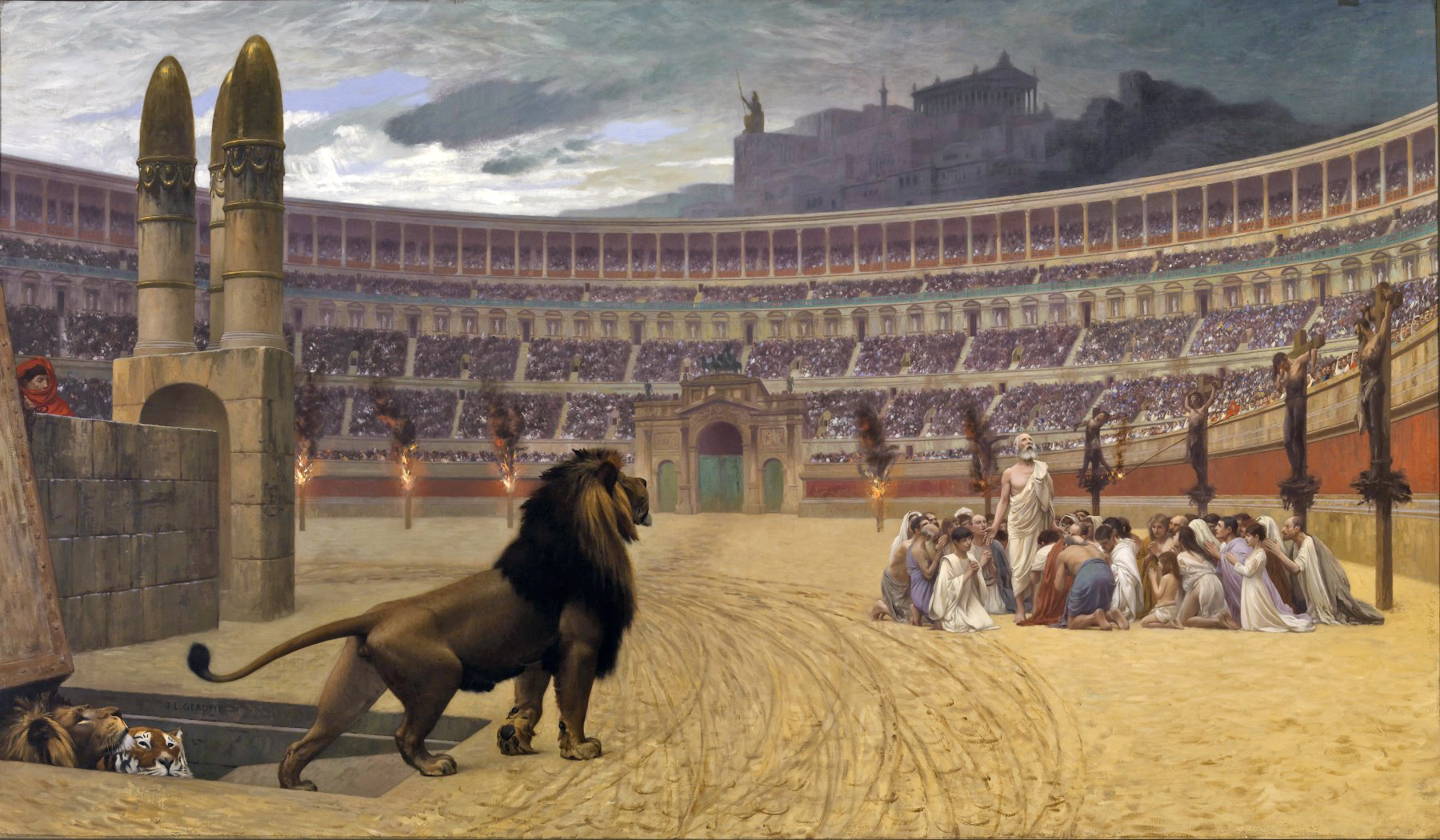 | |||
| Chi Rho is one of the earliest Christian symbols. |
We have finally reached the part of Christendom history that the fog begins to lift and history becomes more clear.
Pagan Rome will now be defeated by Constantine, and in my opinion with the help of his mother Helena. Helena was a woman of low birth and she was probably born around 248 AD. Living through three great persecutions of Christians by emperors: Decius (249 AD–251 AD) Gallus (251 AD–253 AD) Valerian (253 AD–260 AD).
HELENA MOTHER OF CONSTANTINE
St. Ambrose said she was a daughter of an innkeeper, and a Greek speaker in Turkey; she was probably a "stable-maid." Her husband, Constantine’s father, Constantius Chlorus, was Serbian by birth. They met while Chlorus was still a soldier with no political rank. Helena and Chlorus may have been married (about 270 AD), but it isn’t clear. Some refer to her as a concubine, with no legal marriage but also his wife. If Hellena were a secret Christian, they could have been married secretly by a Catholic priest, and never ratified by a pagan ceremony. This would clear up her being both. Chlorus divorced her in 294, as a political move, most saying her humble origins were a liability, but more likely for political reasons.. They were married for more than 20 years. Constantine was born in 272 AD. Helena was banished, as a “concubine,” after the divorce and left to live alone near the court of Diocletian. She suffered like that for many years, but she was close to her son who also lived at the court.
Whether Helena was born to a Christian family and kept it secret, or whether she converted later in life, we don’t know. Church Historian Eusibius says she was converted by her son Constantine, after he became Emperor.



